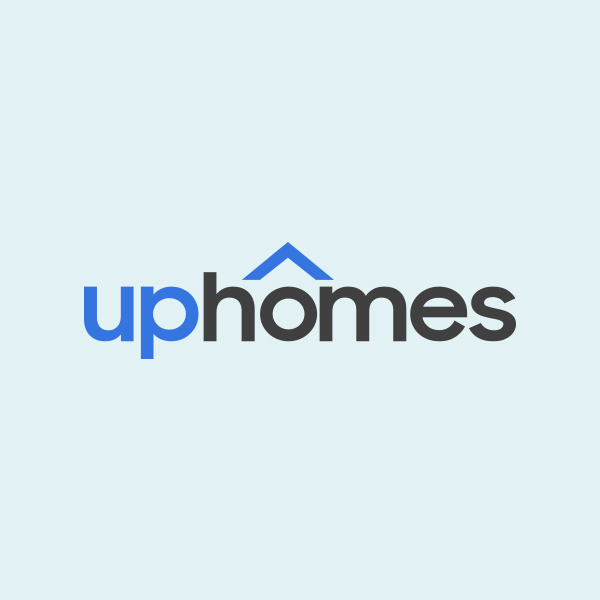January 17th, 2024
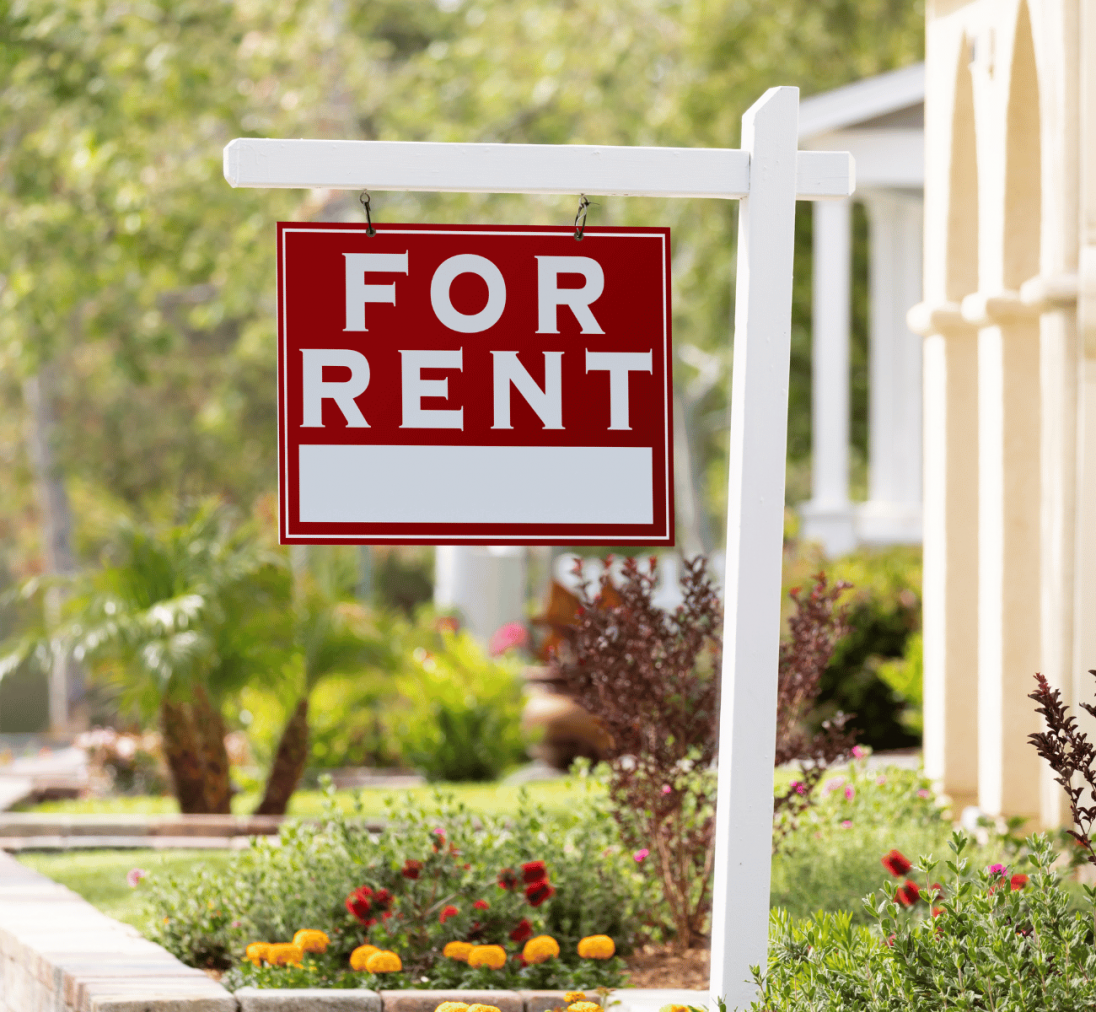
Pros and Cons of Owning a Rental Property
Are you considering buying a rental property and wondering if it fits you best? Keep reading to learn more about the pros and cons of owning a rental property.
Renting a home can be one of the most profitable ways to build wealth if you understand your numbers and all the responsibilities. If you are considering buying a rental property, you have many options on what type to buy.
Typically, owning an apartment complex or office building will make you the most money. However, many homeowners rent out their homes during certain seasons or single rooms throughout the year. Whichever you decide to do, first you should understand all the essential pros and cons.
Renting is a popular real estate activity and a great way to make passive income. Depending on your rental property type, it may be more work than you originally thought. As an owner, you will take on all the landlord's responsibilities, from upkeep to dealing with difficult tenants. At the same time, it will not be like your typical 9-5 jobs, and you will have the opportunity to make good money in the long run.
People invest in rental properties for many reasons, but before diving straight into owning a rental property, you should always review the pros and cons. With rising homeownership rates, this might be the best time to invest. Check out our guide to the pros and cons of owning a rental property.
Keep reading to learn more about the pros and cons of owning a rental property.
Pros of Owning a Rental Property
1. Tax Benefits
As a rental property owner, you can deduct several expenses according to the Internal Revenue Service, including ordinary and necessary expenses, improvements, and depreciation. This means you can deduct your insurance, interest on your mortgage, maintenance costs, and physical wear-and-tear on your property.
The Tax Cuts and Jobs Act of 2017 provides tax benefits to landlords. If you own a flow-through entity and operate it as a sole proprietorship, limited liability company, or partnership, you can deduct an amount equal to 20% of your new rental income. This is as long as your total taxable annual income from all sources after deductions is less than $250,000 for singles or $500,000 for married couples who file jointly.
2. Seasonal Rentals
If you own a home in a desirable location like the beach, mountains, or a tourist destination, you should consider turning your home into a seasonal rental. Keep in mind that if you own a seasonal rental, it may require more responsibilities, such as decluttering and hiding valuables.
If you want to deduct your expenses, you can only use 10% of the number of days you rent to others at a fair market price. Typically, seasonal rentals are much more expensive than they would be in the off-season. So, you will be able to raise the rental price during times when the demand is high.
Seasonal rentals are less likely to experience wear and tear because tenants won't occupy the property year-round. As a seasonal rental owner, you will also be able to stay on your property at certain times throughout the year.

3. Low Volatility
Market volatility refers to price fluctuations in real estate assets due to many factors. As a rental property owner, low volatility is seen as a pro because prices and financial performance are more predictable.
Owning a rental property is seen as a great investment to build your portfolio, and with low volatility, you can better predict if you will have a good return on your investment. The main way owners lose money on rental properties is through extended vacancies; with low volatility, the risk of vacancies is also much lower. As long as the demand for rentals is higher than the number of properties available, you should be able to avoid the risk of vacancies.
4. Control
You will have complete control over your property and responsibilities as a landlord. This means you will be able to set specific rules or guidelines for tenants to follow. Keep in mind that you cannot discriminate against anyone on the basis of their background or family size, but you can screen applicants.
When it comes time to sell your property, you will be able to make upgrades that are favorable to renters, like adding a porch or hot tub. This will improve your return on investment while renting or selling your property.

5. Passive Income
Initially, owning a rental property may take a lot of work and time. But, as you start to rent out your property, it will turn into passive income generated with minimal effort. Similar to most investments, over time, you'll see the return on your investment with little active involvement in the day-to-day activities.
Passive income is usually pretty stable as long as you market and keep up with your property regularly. A great way to make your life even easier with passive income is to hire a property manager if you are able to. A property manager will deal with the day-to-day issues if they arise. However, if you don't have the money yet to afford a property manager, you can easily take on those responsibilities as the landlord.
Remember, you will still have to put attention and effort into your property, but typically, passive income jobs require much less work than active income jobs.
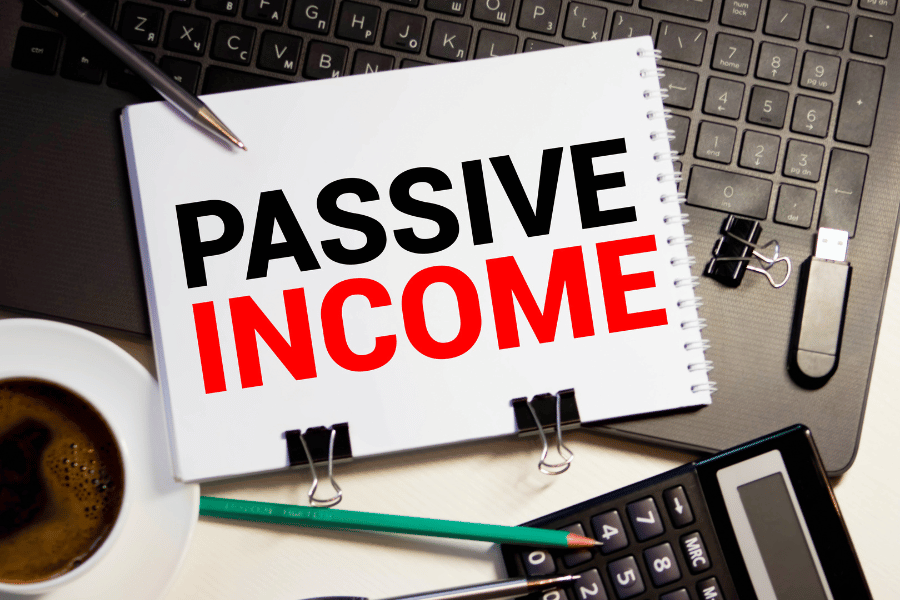
Cons of Owning a Rental Property
1. Lack of Liquidity
A liquid asset means the asset can easily be converted into cash. Unfortunately, real estate is not considered a liquid asset. Turning a property into cash takes a lot of work and money.
This means that not only will you have to invest a lot of money into your property as a rental owner, but time and effort as well. You might not see the cash flow right away, but as you continue renting your property, it will be worth it. The key is patience when waiting to see your investment make a profit. You should save up more money than you think in case you run into any unexpected expenses or problems.
2. High Taxes and Insurance Premiums
Higher taxes and insurance premiums are the main cons of owning a rental property because they will increase your overall expenses. While these expenses are associated with operating expenses, you may need to raise your rental prices, making it less likely for you to find tenants.
In addition, higher taxes and insurance premiums will reduce the cash flow generated, overall making it more difficult to make a good return on your investment.
Taxes and insurance premiums will vary greatly depending on the location, local regulations, and property value. It is essential to keep these factors in mind when deciding whether or not to invest in a rental property.
3. Dealing with Tenants
The most known con of owning a rental property is dealing with difficult tenants. You will most likely run into a couple of renters who may cause problems such as late payments, destruction of property, and more.
This is why it is extremely important to set up the rules for your property when they rent the space, such as smoking or pet policies. You can also use a security deposit to hold your tenants accountable in case anything happens during their stay.
If you end up in the position of needing to evict a tenant, it can cost up to thousands of dollars and a great deal of your time. Keep extra money in your emergency fund in case this happens.

4. Being a Landlord
Along with dealing with tenants, a landlord will be responsible for almost everything. You may have to make tough decisions like increasing rent or dealing with conflicts. The most important quality as a landlord is learning to be firm about your costs and guidelines.
If you own a rental home, you must keep up with maintenance. This can mean hiring a housekeeping company or visiting the home yourself after the renters have left. Ensure you know all the normal landlord responsibilities before renting out your space. It will be a learning process, and patience is key.
5. Maintenance and Upkeep
Like any homeowner, you will be responsible for minor or major repairs and maintenance. As a rental owner, you may deal with tenants who break parts of your property, and it will be your job to make the repairs. You can save a lot of money by learning how to repair parts of the property on your own.
You should always keep an emergency fund for any unexpected payments. This way, you will have money set aside in the event that something breaks or needs repairs. In addition, wear and tear is unavoidable with any property, but you should stay prepared.

Overall Pros and Cons of Owning a Rental Property
Pros
- More tax benefits
- Opportunity to rent out your home as a seasonal rental
- Low volatility
- Complete control as the landlord
- Earning passive income
Cons
- Lack of liquidity
- You will need to pay higher taxes and insurance premiums
- Dealing with difficult tenants
- Handling the responsibilities of being a landlord
- All maintenance and upkeep will be up to you
FAQ: Pros and Cons of Owning a Rental Property
Here are some commonly asked questions about owning a rental property.
What is the biggest risk of owning a rental property?
The biggest risk of owning a rental property is the risk of an extended vacancy. As a rental owner, you need a consistent renter in order to make money. You will still be responsible for paying the property expenses even if no one is renting your space.
How much profit should you make on a rental property?
Typically, a good profit margin when owning rental property is greater than 10%; however, anywhere between 5% and 10% is good.
Is it worth keeping a rental property?
As long as you can pay all property expenses and keep an emergency fund while making a profit, a rental property can provide a reliable source of income.
Is rental real estate risky?
Owning a rental property can be a risky business to get into because you can lose more money than you put in initially. This is because you will be responsible for paying maintenance and mortgage payments even if you don't have a tenant.
What is the most profitable type of rental property?
Normally, you can make the most money as a rental owner if you own apartment buildings or office buildings.
Pros and Cons of Owning a Rental Property - The Bottom Line
Whether renting out a single room in your home or buying an entire apartment building, you will have to deal with most of these pros and cons. As you weigh your options, remember that owning a rental property isn't for everyone but is a great way to make passive income.
While it may be a stressful process, the pros of owning a rental property might outweigh the cons in your case. Keep in mind that it might turn out to be more work than you first thought, but it'll all be worth it in the end.
Once you have decided to buy a rental property, you are all set to find the best home in the best location. Raleigh, NC, is one of the fastest-growing areas in the country and has many beautiful homes for sale; you'll have to act fast if you want to buy your dream home in one of Raleigh's best neighborhoods.
Before you buy your next home in the Triangle, feel free to contact one of our helpful real estate specialists, as they are eager to help you find the perfect home. We know that buying a home can be overwhelming, so make sure you are prepared beforehand.

Ryan Fitzgerald
Hi there! My name is Ryan Fitzgerald, and I am a REALTOR®. My goal is to help you learn more about real estate through our Real Estate Blog! Hopefully, you enjoyed the above blog post and it found a way to provide help or value to you. When you're ready to buy or sell a home of your own let us know here. Please feel free to join the conversation by dropping us a comment below.
Related Blogs

Looking to understand the different property types when it comes to real estate? We have you covered with 23 different types of properties below!
February 28th, 2021
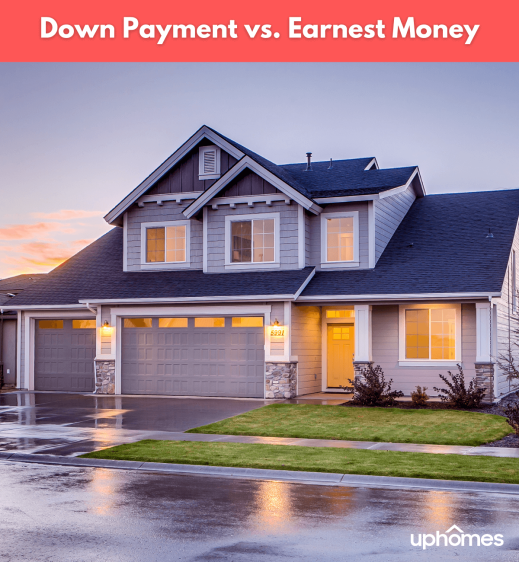
Down Payment vs. Earnest Money: How Do They Differ? Are you trying to understand what makes a down payment different from earnest money? If you're struggling to figure out these real estate terms, you...
February 14th, 2021

Pros and Cons of Buying a New Construction Home There are many pros and cons to buying a new construction home and it's important to understandthe whole picture before proceeding. In this article we...
February 01st, 2021
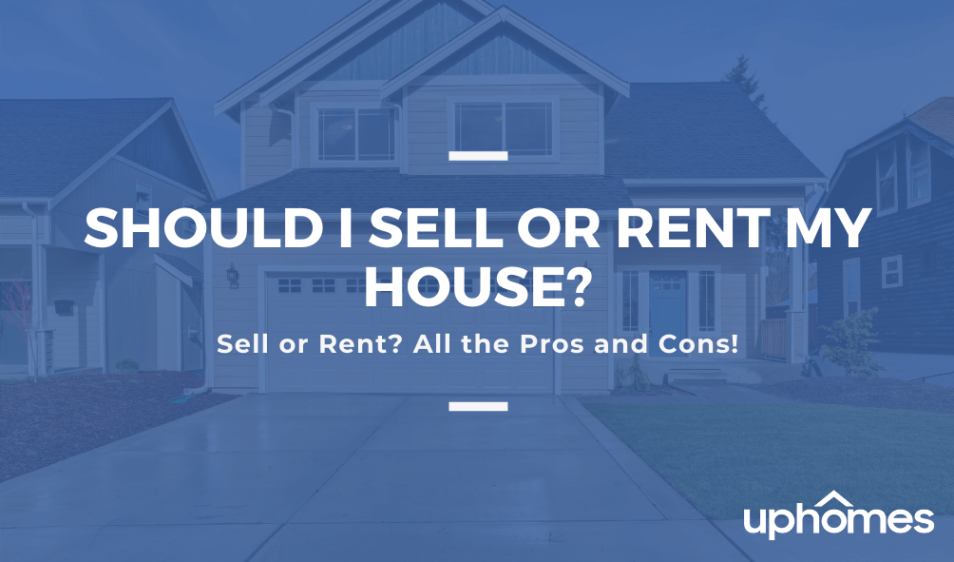
Should I Sell or Rent My House? One of the most common questions we field as a real estate company is should I sell or rent my house? Homeowners in the United States account for 68 percent&nb...
November 29th, 2020
